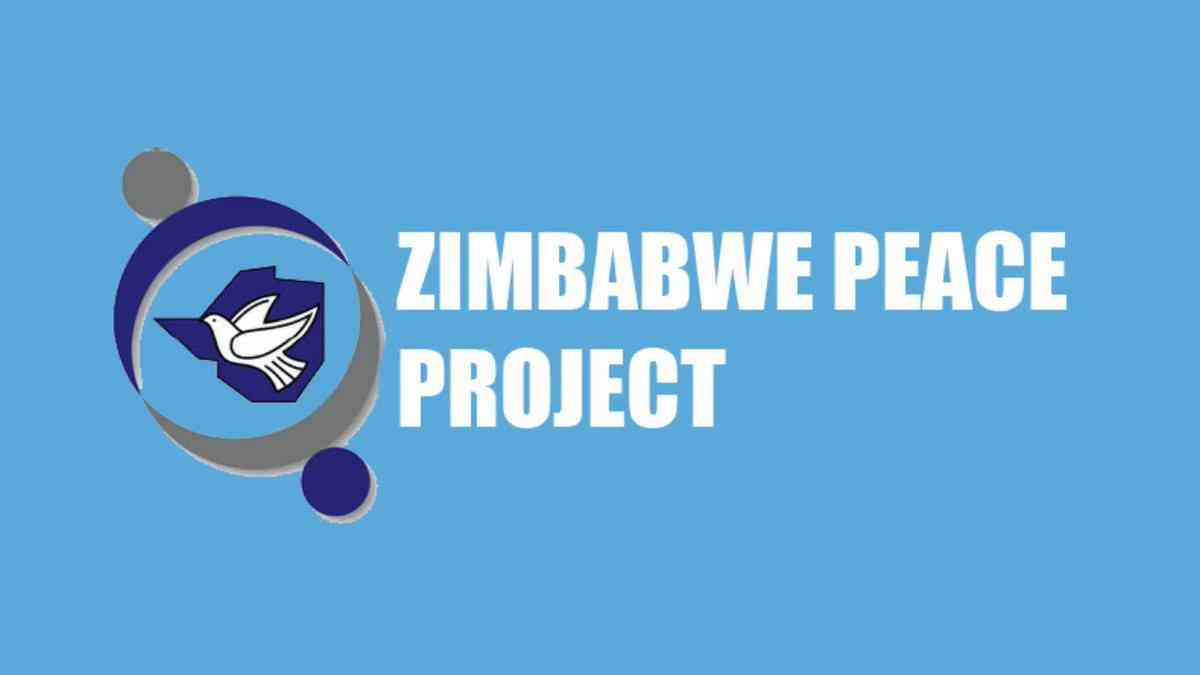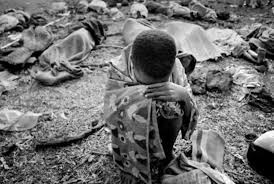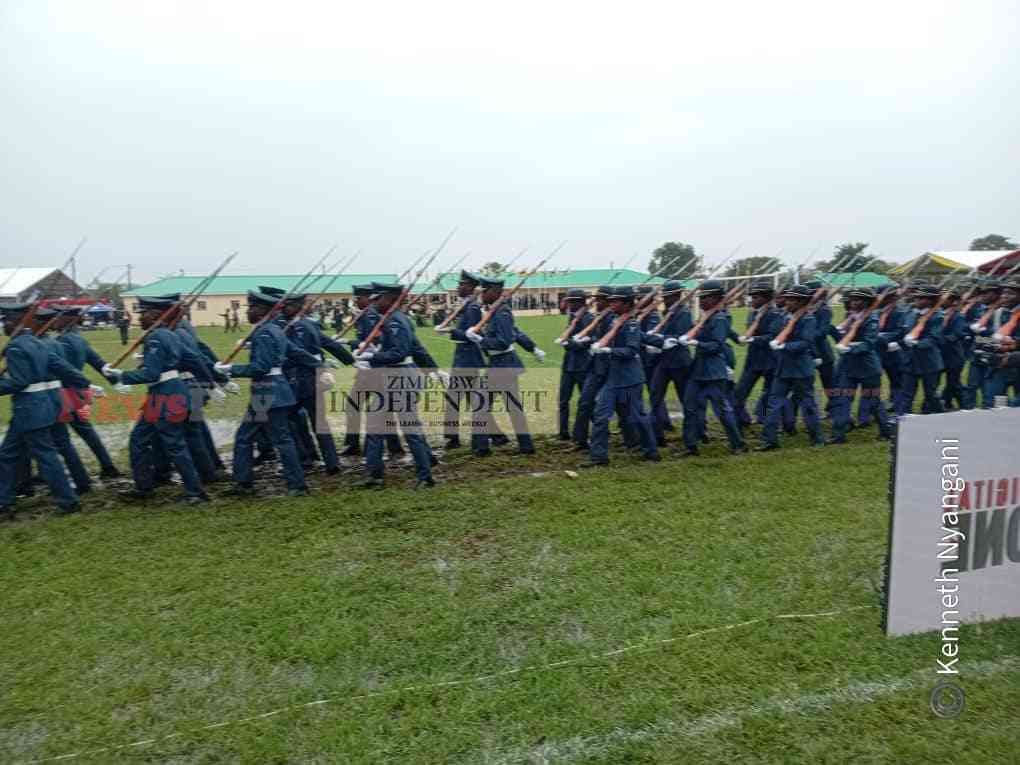
The distribution of aid in Zimbabwe has been marred by rampant discrimination, with the majority of cases being politically motivated.
The ruling Zanu PF party's overbearing influence in districts and wards has largely resulted in the unfair allocation of aid, with those perceived to be opposition supporters being denied assistance.
In November 2024, the Zimbabwe Peace Project (ZPP) documented 27 violations related to unfair distribution of government sponsored food aid and agricultural inputs.
These violations affected a total of 146 (85 women and 61 men) people.
Discrimination has taken various forms, including the theft of aid using beneficiaries' names, discriminatory practices during the registration process, and biased distribution based on political affiliation.
In Gokwe central, about 7 households were denied food aid after they were not found in the Zanu PF cell group register.
Mike Gwasha of Zanu PF instructed the victims to leave the distribution gathering claiming that the “presidential scheme was meant for those supporting Zanu PF and the president.”
In some instances, aid has been withheld from individuals who had not paid the mandatory transport fees, further exacerbating the situation.
- Mavhunga puts DeMbare into Chibuku quarterfinals
- Bulls to charge into Zimbabwe gold stocks
- Ndiraya concerned as goals dry up
- Letters: How solar power is transforming African farms
Keep Reading
Thirty five households in Zhombe, Midlands Province were denied aid because they had failed to pay US$6 demanded by Zanu PF ward chairperson Albert Dube and an Agritex field officer S Dungeni Phiri, as transport and administration fees.
In some instances, unfair distribution of rations left many individuals and families struggling to survive.
A striking example of this unfair distribution can be seen in Mhandarume, Chimanimani West where 50 kg of compound D fertilizer was shared among three farmers.
In the same constituency, in Murazvu B village, 20kg of maize was shared among 63 farmers (meaning 0.3kg per farmer) while 15 farmers shared a litre of herbicide (0.06 liters per person).
Meanwhile war veterans in the same ward received a 50kg allocation per farmer.
This blatant disparity highlights the politicisation of aid distribution, where those with connections to the ruling party are favoured over others.
Furthermore, the grossly inadequate distribution of resources, especially in the period where the country is hit by persisting droughts, may have severe consequences for those affected further perpetuating the denial of the right to adequate food as provided for in Section 77 of the constitution of Zimbabwe.
The persistence of political discrimination in aid distribution not only undermines the principles of fairness and equality but also perpetuates the marginalisation of already vulnerable populations.
It is essential that the government, through relevant departments such as the Public Service, Labour and Social Welfare ministry and Agriculture ministry take immediate action to address these injustices and ensure that aid is distributed based on need, rather than political affiliation.
In the reporting period, the ZPP documented a total of 141 human rights violations across the provinces.
The violations affected a total of 1382 victims of which 458 were female and 924 were males, constituting 33.07% and 66.86% respectively.
The violations included threats of violence, politicisation and unfair practices in distribution of food aid and agricultural inputs, malicious damage to property, assault, restricted freedoms of assembly, association and expression as well as unlawful eviction.
Other violations included inhuman treatment, restricted access to social services, looting/pillaging, unjustified arrests and sexual harassment.
The ZPP notes with great concern the continued abuse of human rights in Zimbabwe particularly in the context of partisan distribution of food aid and the restrictions of freedoms such as access to social services, freedom of association and assembly and freedom of expression.
ZPP










